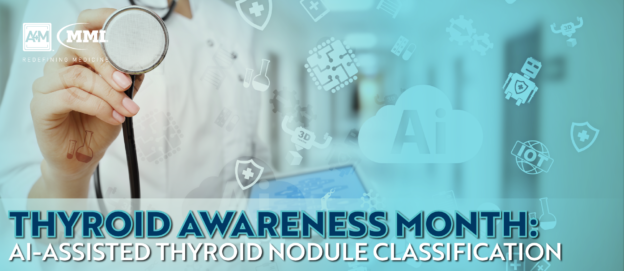Last week we delved into the functionality and growing recognition of ChatGPT, a cutting-edge language model taking the world by storm. Its remarkable fluency, creativity, and generative capabilities far surpass those of any artificial intelligence (AI) technology made available to the public before. One of the primary drivers of its popularity is the range of uses and applications, from automating mundane administrative work to making waves in many different fields, including health care.
In this second part of the blog, we will explore the potential role of ChatGPT in the medical field, its impact on the advancement of digital health, and important considerations and limitations. We will also examine how AI models can be integrated into clinical practice, healthcare, and research and how they can shape the future of medicine. Finally, we will discuss the implications of these latest technology developments for health professionals and their practices.



